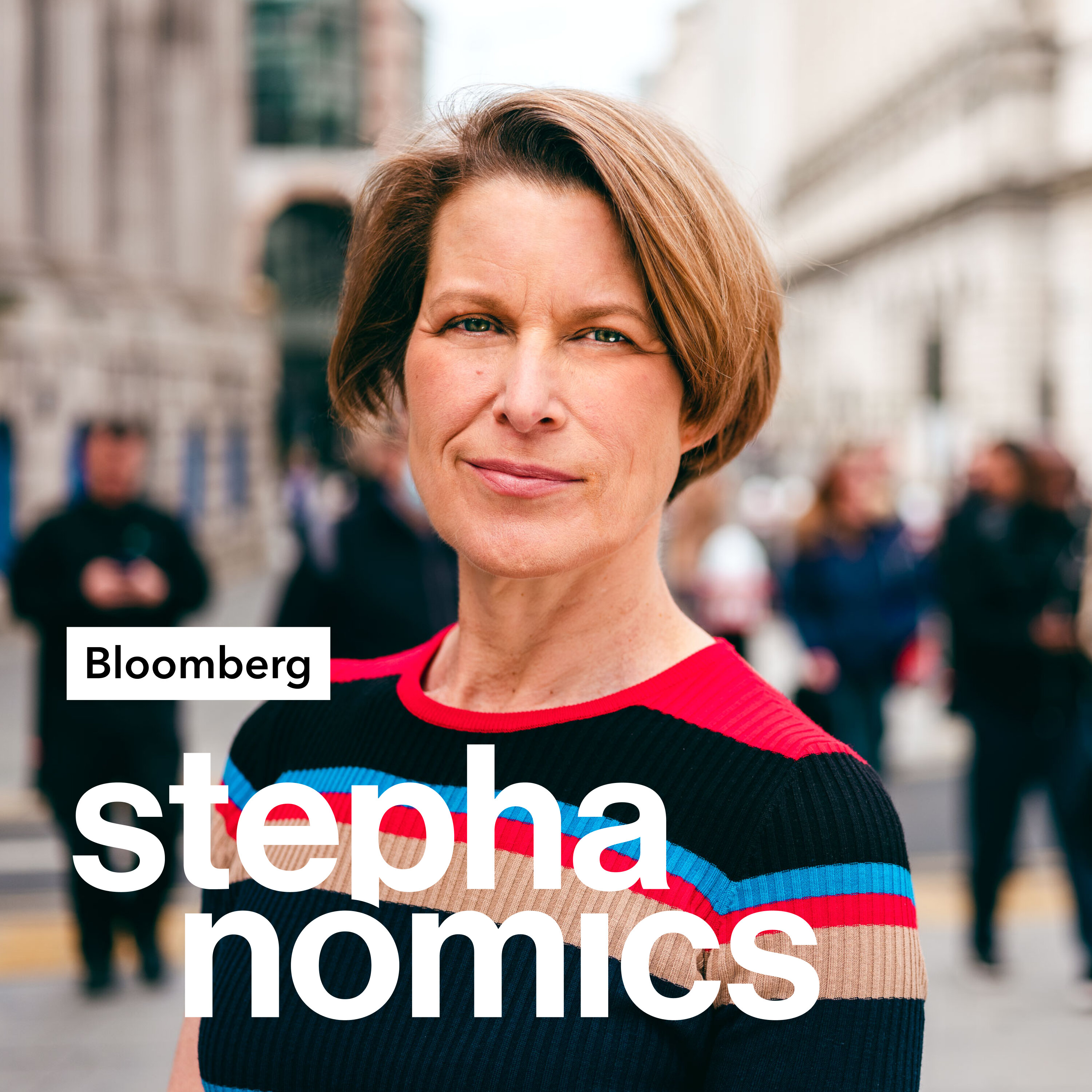Covid's Supply Chain Chaos Is Just a Dress Rehearsal for What's Coming
Description
Despite all the highfalutin advances in automation and just-in-time inventory, Covid-19 has still managed to upend the world's supply chains. But all this pandemonium may be a dress rehearsal for future chaos, courtesy of challenges such as political unrest and the climate crisis, warns one author who's tracked the global flow of goods.
In this episode, we take a deep dive into the problems plaguing the retailers, warehouse operators, truckers and shippers who labor to get widgets from factory floors to your doorstep. First, reporter Augusta Saraiva explores why everything from baby formula to Teslas can still be hard to find in the US, even though the epic West Coast container ship backlog has eased. In part, consumers are to blame since they've continued buying at levels far beyond what analysts had expected, given 9.1% inflation and fears of a potential recession.
Meantime, importers are fighting over scarce capacity on trucks, ships and in warehouses, creating additional backlogs. One company was so spooked by delays last year that by April it already had 600 containers of artificial Christmas trees waiting at the Port of New York and New Jersey. In a follow-up discussion, Stephanie talks about how supply chains got so fragile with Christopher Mims, author of "Arriving Today," which traces advances allowing for same-day delivery.
Mims argues that efficient supply chains that were developed before Covid-19 struck weren't battle-tested for pandemics, wars and extreme weather. While unionized years ago, truckers today are largely non-unionized, and as a result earn about two-thirds less in real terms than truckers did 40 years ago. They are also burning out quickly from 14-hour days, Mims says. Alternately, a unionized longshoremen workforce has resisted automation, creating some of the world's least efficient ports. Eventually, supply chains will have to shorten, Mims says, with corporations bringing production in-house or nearshoring it to neighboring countries.
See omnystudio.com/listener for privacy information.
More Episodes
Ben Page, chief executive of market research company Ipsos, joins Voternomics this week to outline what he’s discovered about voters and what they think about their politicians, governments and economies. He tells Stephanie Flanders and Allegra Stratton that trust in politics is the “lowest we’ve...
Published 05/10/24
Published 05/10/24
Karen Ward, J.P. Morgan Asset Management’s chief market strategist for EMEA, joins this week to explain why politicians are being punished for the sins of central banks. Ward, a former Bank of England economist and adviser to both UK Chancellors Philip Hammond and Jeremy Hunt, tells Stephanie...
Published 05/03/24


